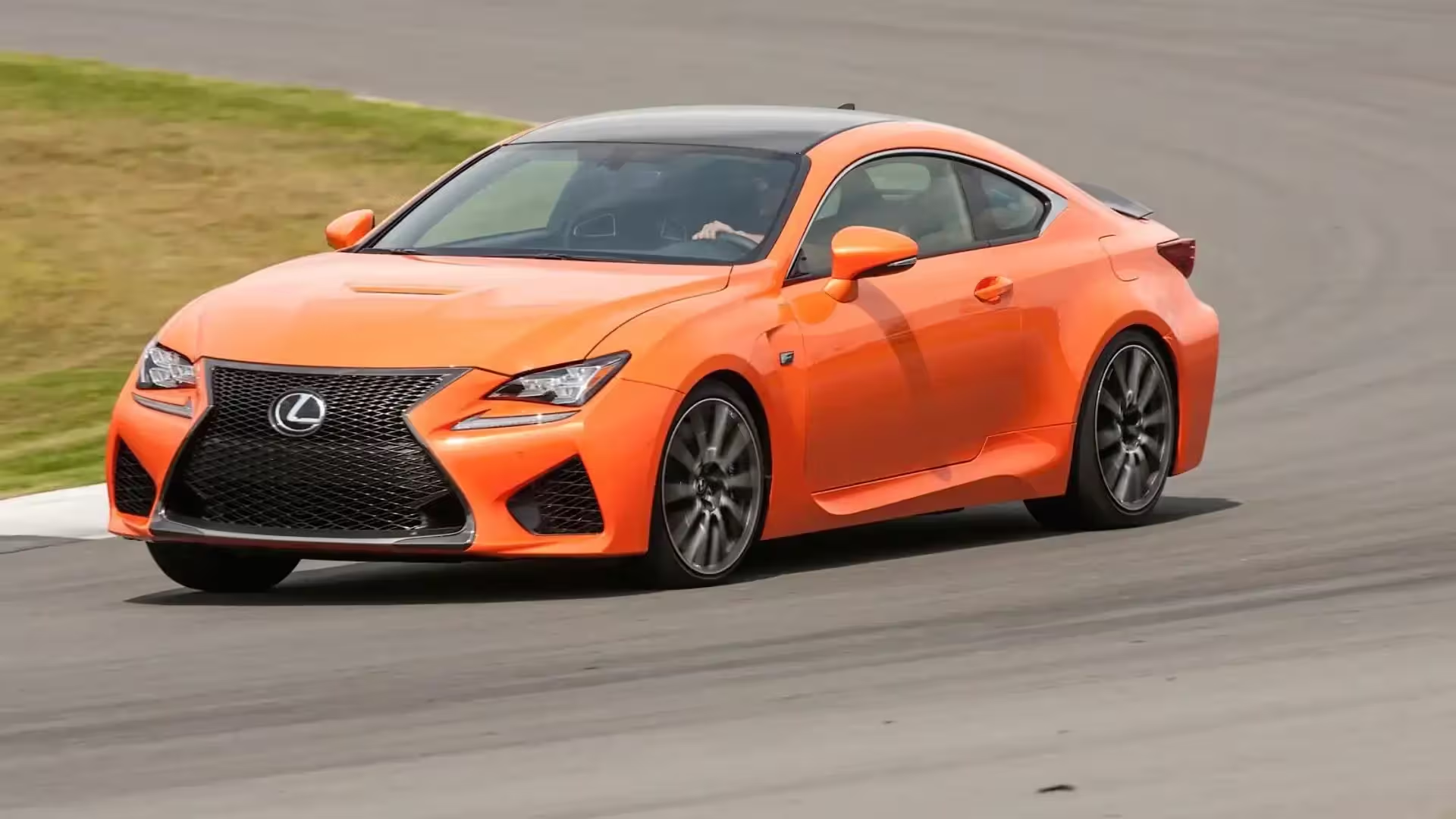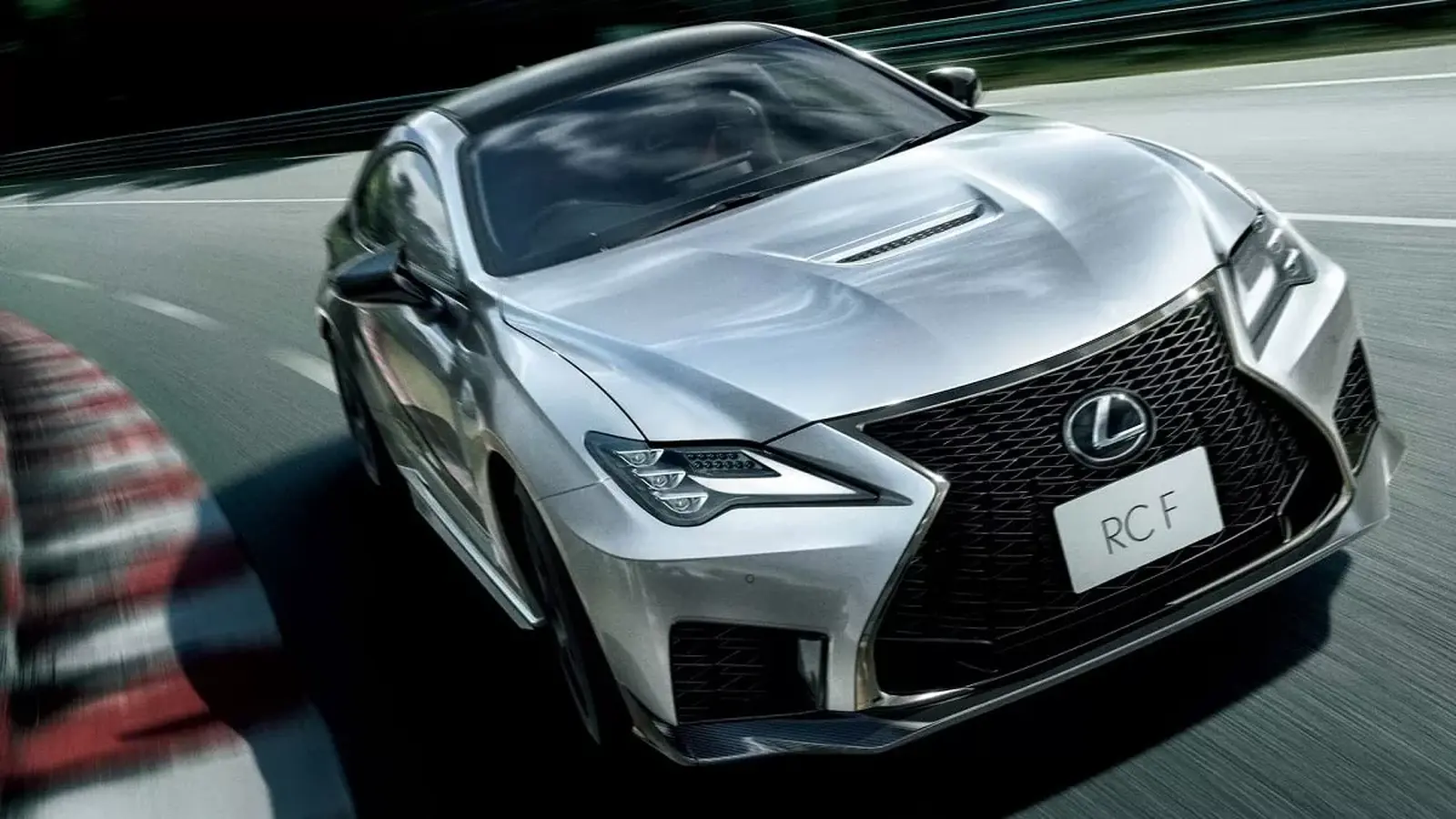3 Minutes
Is Lexus preparing to retire the F badge?
Seventeen years ago Lexus stunned enthusiasts by dropping a 5.0-liter V8 into a luxury sedan and launching the F performance line. The original IS F spawned high-performance siblings such as the RC F and GS F, and the spirit of that era lives on today in the IS500 F Sport Performance.
But recent comments from Lexus’ global chief suggest the marque’s V8-powered F models could be winding down. Takashi Watanabe told Drive Australia that the F badge increasingly represents "an expression" of performance across the Lexus lineup, rather than a distinct hardware-only sub-brand.
From hardware to software-driven performance
"As we move into the future, we are heading toward software-focused cars," Watanabe said. "That approach adds a new element. A button on the steering wheel signals an evolution: F-Mode delivered by software, while we continue refining sporty characteristics." His words hint at a shift where driving modes, software calibration and electrified powertrains play a greater role than a dedicated range of V8 F models.
This direction is already visible in Lexus concept cars, many of which feature an F-Mode button on the steering wheel to evoke the performance badge—even if the underlying hardware differs from the traditional V8 setup.

What this means for fans and the lineup
Watanabe declined to confirm a formal end to F models, saying, "We don't have a specific product plan that we can clearly state." Still, the signal is clear: the future Lexus performance ethos may be more software- and experience-driven than purely engine-centric.
Highlights:
- F-Mode as a software-delivered driving experience
- Concept cars emphasizing software and steering-wheel controls
- No confirmed product plan for future F-badged vehicles
V8 isn't dead — yet
There’s a silver lining. Toyota and Lexus are reportedly developing a new V8 engine that could appear in the upcoming LFR sports car, and possibly in larger mainstream models such as SUVs. That suggests Lexus hasn’t abandoned the V8 promise entirely; instead, it may be rethinking how and where V8 performance is offered.
Even so, recent prototypes and concept cars have lacked overt F branding. The sporty Lexus concept shown earlier lacked clear ties to the traditional performance arm, leaving fans hoping the F nameplate will be preserved in some form—whether as a full-fat mechanical range or as a high-performance software mode.
For car enthusiasts, the narrative is familiar: brands evolve from raw displacement and cylinders toward software-defined performance, electrification and broader product strategies. Lexus’ challenge will be to retain the emotional appeal of the F badge while modernizing performance for a changing market.
Whether F remains a hardware lineage or becomes a software signature, enthusiasts will watch closely as Lexus balances heritage V8 thrills with future-facing technology and market realities.


Leave a Comment